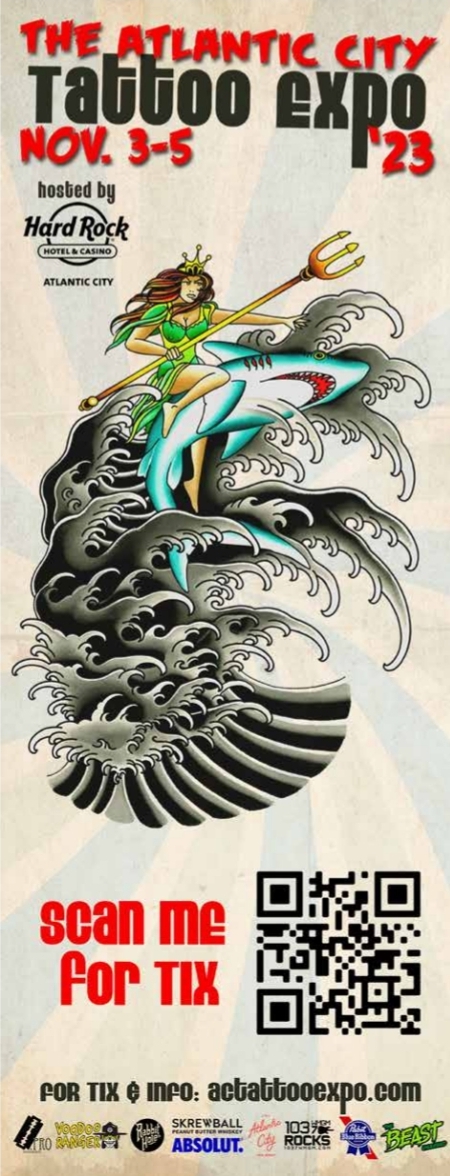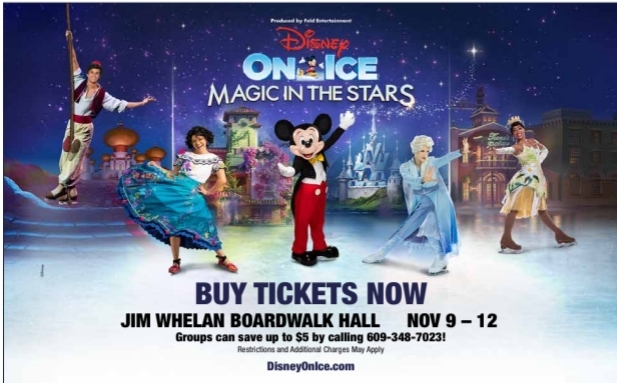The Hawks and Conway Twitty’s last night at Tony Mart’s
By Bill Kelly
For Conway Twitty and Levon and the Hawks it was a nice summer run that finally came to an end. Twitty’s contract was up and he was “going country” with a new record label and the Hawks managed to get out of their contract early so they could back Bob Dylan as he “went electric,” booked for a world tour beginning in a week at Forest Hills, N.Y. So it seemed they were going in entirely different directions, but everybody was happy.
Because Tony was satisfied with the band that Colonel Kudlets was sending him to replace – Mitch Ryder & The Detroit Wheels, and he really liked the Hawks – “they’re real gentlemen,” he agreed with their decision to go with Dylan. Tony also supported Conway’s bid to follow his heart and “go country,” so he threw them a party, and ordered a pair of cakes from Chester’s Bakery a few blocks away on Route 9.
As everyone who likes live music knows, the first and last sets of an extended engagement are always the best, as the first one is one to impress, while the last set is more casual, longer and more fun, with other entertainers usually coming by to jam.
Some big wigs came down from New York City for this occasion. Some people who were there, including Tony’s daughter, swear they saw Dylan, but if he was there he was in disguise; sat against the wall with shades on or just took it all in, and didn’t say hello to any of the Hawks. While they are still debating whether or not Bob Dylan actually came to Tony Mart’s to check out the Hawks in person, there were a few limos parked outside of Tony Mart’s that night.


Conway Twitty had just signed a new record contract with a major country-western music label. That was the music industry category at the time which also included singing cowboys like Gene Autry and Roy Rogers, who had to move over and make room for him.
To appease his agents and managers, he took the name Conway Twitty by looking at a map of the United States and picking out Conway, Ark., and Twitty, Texas. But he couldn’t do country and western at the same time so he followed his heart and went with the country twang.
Conway wanted to play rock ‘n’ roll under the name Conway Twitty and play country under his real name – Harold Lloyd Jenkins, which sounded country enough, even though it wasn’t ripe for rock ‘n’ roll. But the managers and record label said it had to be one or the other.
Like all big stars with a number of successful albums and over a hundred show dates a year, an entourage built up around him. He had a manager, a band, an accountant and a publicist, all of whom had families to support. Then there was the wife and her mother and friends, so it became like a traveling circus.
Conway Twitty could keep them all if he continued playing rock ‘n’ roll, but as his accountant explained, rock ‘n’ roll was ever expanding universe while there were only just so many country fans who could tag along – it was a matter of numbers, and they weren’t even playing in the same ballpark. Since Conway was going country, he would have to cut his entourage down to just a small band and one or two others; that’s all that the music could support.
Conway’s favorite songwriter, Harland Howard, along with his new manager and singer Loretta Lynn, who now shared the same record label, all came down from New York to catch Conway Twitty’s last set as a rock and roller. They came in one of the limos parked out front.
Harland Howard wrote popular country songs that Conway liked to sing. He was the guy who convinced Twitty to switch to country. Howard was the one who had to explain to Conway’s entourage that the free ride was over and they had to get off the gravy train.
In Tony Mart’s, Harland went over to pay his respects to the Boss, Anthony Marotta, shook his hand and thanked him for supporting Conway’s decision to follow his heart. Tony said he would talk to Colonel Kudlets and give Conway an A-1 rating and help him get some work, although Tony Mart’s was not the place where that kind of music was best appreciated.
After an exuberant first set by the Hawks, much to the enjoyment of the crowd, Conway and his band took the stage and did pretty much the same set he did when he returned from his mid-summer hiatus. He started out slow with some beer-crying country whiners, then breaking into a traditional Irish wake version of “Danny Boy.” Halfway through the song he switched gears and kicked in with a house-rockin’ good time, and then the “Elvis set” of rock and rollers which got the dance floor and the whole place moving.
After a while of that, near the end, Twitty did a Harlan Howard hit, “I Don’t Know a Thing About Love (The Moon Song).” Then he recognized his new recording company associate Loretta Lynn in the audience, and asked her to come up and sing a song with him. And that she did, beginning one of the most endearing duets to ever get together behind a mic. They sang, “Louisiana Woman, Mississippi Man,” “After the Fire Is Gone,” and an ultimate country song, “You’re the Reason Our Kids are Ugly.”
And when Twitty’s last set was over, everyone cried and ate some of Chester’s cakes which Tony had the go-go girls bring out.
Then the Hawks played their last set of the night, their last set of the summer at Tony Mart’s, and their last set as the Hawks, and it was a rare one at that. They didn’t play their usual cover tunes, but instead played some of the original tunes they had been writing and working on all summer, but didn’t play because Tony didn’t want to hear that new stuff. “They’re playing for themselves and not the people,” Tony would say when a band played some original material, but on this night he let them slide for their goodbye, so-long, farewell show.
The Hawks were good to Tony and Tony was good to the Hawks and let them play whatever they wanted, just like Conway. On this night they had carte blanche; they could do whatever they wanted and could do no wrong.
The Hawks knew that their most rousing number was the old, traditional, “Go-Go Liza Jane,” so old that nobody knew who wrote it. They recorded it earlier that summer on Atco Records and released it as a 45 rpm single. It did the trick again, rocking the house.
They also played, “The Stones I Throw” and “The Monkey Time,” songs they also recorded that summer, before they slowed things down with, “He Don’t Love You (And He’ll Break Your Heart).”
For the finale, they went with what became the final song of the night and almost every night at Tony Mart’s, Otis Redding’s “Try a Little Tenderness,” getting the slow dancers onto the floor for their final note at Tony Mart’s.
To comment on this story or this series: Billkelly3@gmail.com
Next: Linda’s Dream.










